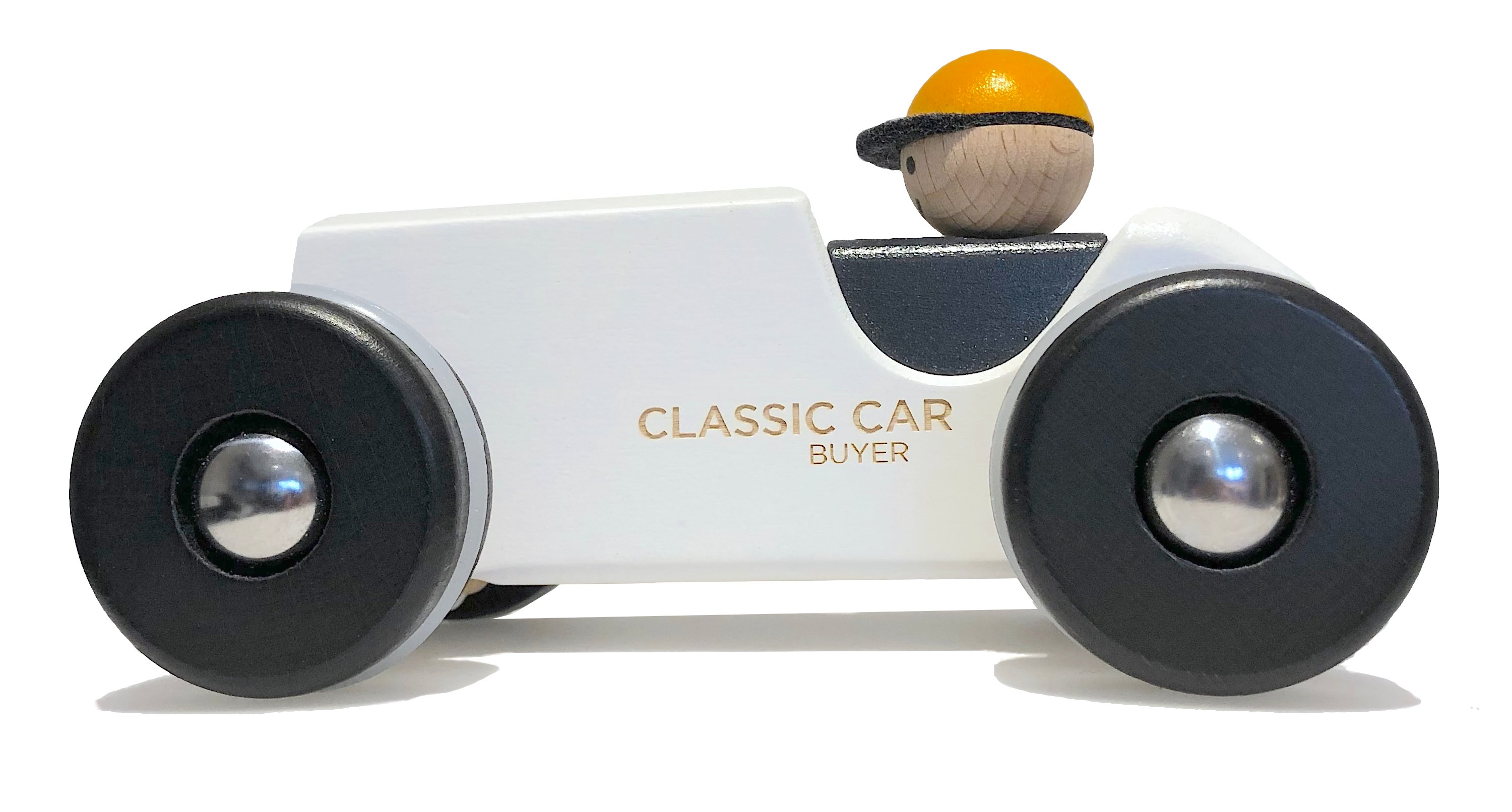Sadly, the classic car market can be the perfect hunting ground for fraudsters and scammers. Buyers...
In the digital age, buying or selling a classic car has become more accessible than ever. However, this convenience comes with its fair share of risks, as scammers may exploit online platforms to prey on unsuspecting individuals. To ensure a smooth and secure transaction, here's a comprehensive guide on how to avoid being scammed when dealing with classic car sales and purchases.
1. Do Your Research
Before entering the market, research the fair market value of the car you're interested in. This knowledge will empower you to identify suspiciously low prices (if looking to buy) or high offers (if looking to sell) that could indicate a scam. You can use websites such as Autotrader to help with this.
2. Use Reputable Platforms
Stick to well-known and reputable websites for buying and selling classic cars. These platforms often have security measures in place to protect users from scams. Be cautious of deals that take place through unconventional or lesser-known websites.
If a car you are interested in looks to be on the cheap side, do click on the seller’s other items on eBay or their Facebook profile to see if they have other similarly unrealistically cheap vehicles for sale. On platforms such as Facebook Marketplace, check if their profile is brand new. Also, are there no pictures of the company or the individual? If these two factors are at play, it might be worth considering whether this is a genuine, reputable seller.
3. Verify Seller/Buyer Identities
Try to request as much information about the seller or buyer as you can. Legitimate sellers should be willing to share their details, and you can use this in your research about a company as applicable. If the seller says they are out of the country, or otherwise engaged, but that the classic car can be delivered to you, that should potentially raise a few questions.
4. Beware of Suspicious Requests
Watch out for common scam indicators, such as overly attractive deals, urgency, requests for unusual payment methods or via services such as Western Union. Scammers often pressure victims into making hasty decisions, so take your time and remain vigilant. Also be wary of being told that you are protected by eBay or Paypal - do your own research on what the buyer/seller protection is for each platform or service you are using.
5. Inspect the Car
If possible, always schedule an in-person inspection of the classic car before finalising the deal. Avoid deals where the seller refuses to meet or insists on delivering the vehicle without an inspection. A physical examination helps to verify the car's condition and authenticity. If you are able to view, make sure the car’s V5 logbook is registered in the name and address of where the caravan is located.
6. Don’t Send Money in Advance
Avoid sending any funds in advance of viewing the car. Be wary of doing a money transfer to someone that you do not know, and to businesses without a verifiable street address. Legitimate transactions should be completed through secure payment options which provide a layer of protection for both parties.
7. Documentation is Key
Ensure that all transactions are properly documented, including details about the vehicle, the agreed-upon price, and both parties' information. Having a clear record can be valuable in case of disputes.
8. Be Wary of Cash
If a buyer offers to pay in cash, it’s a good idea to have it paid into your bank account where you are both present at the same time. Be aware that there may be limits on how much cash a bank may accept as a paying-in transaction.
9. Trust Your Instincts
Ultimately, if something feels off or it looks too good to be true, trust your instincts and take some time to reconsider the deal. It's better to walk away from a potential scam than to become a victim.
By following these guidelines and staying vigilant throughout the buying or selling process, you can significantly reduce the risk of falling victim to scams in the classic car marketplace. Remember, a cautious approach and thorough verification of the person or company are your best defences against fraudulent activities. Safe transactions start with informed decisions and a knowledge of what good practice looks like.








